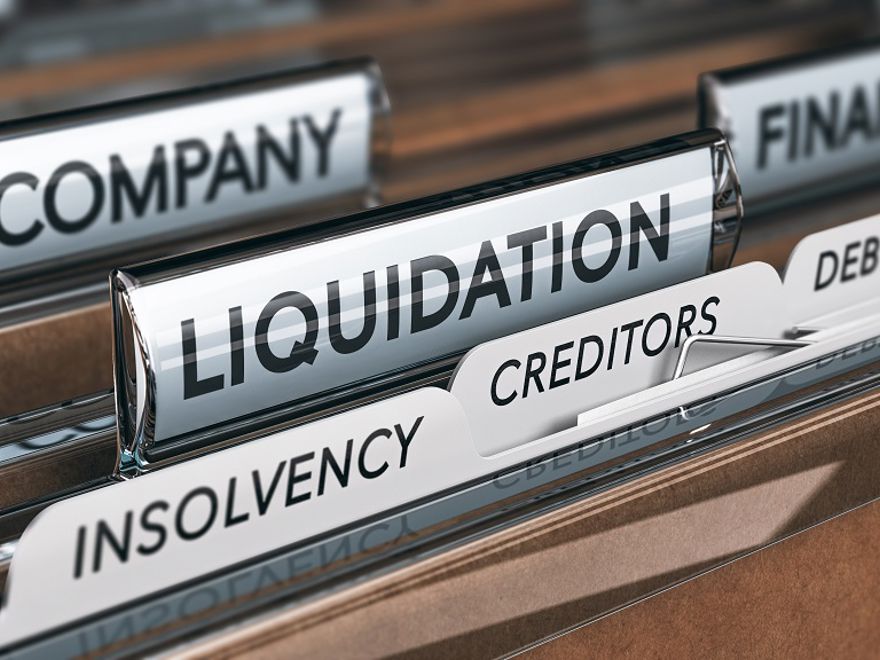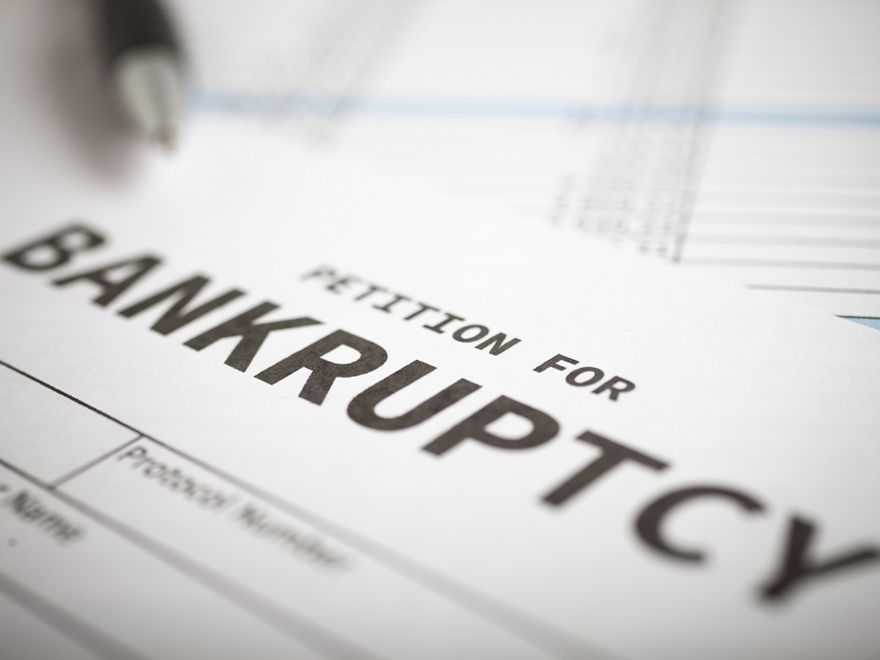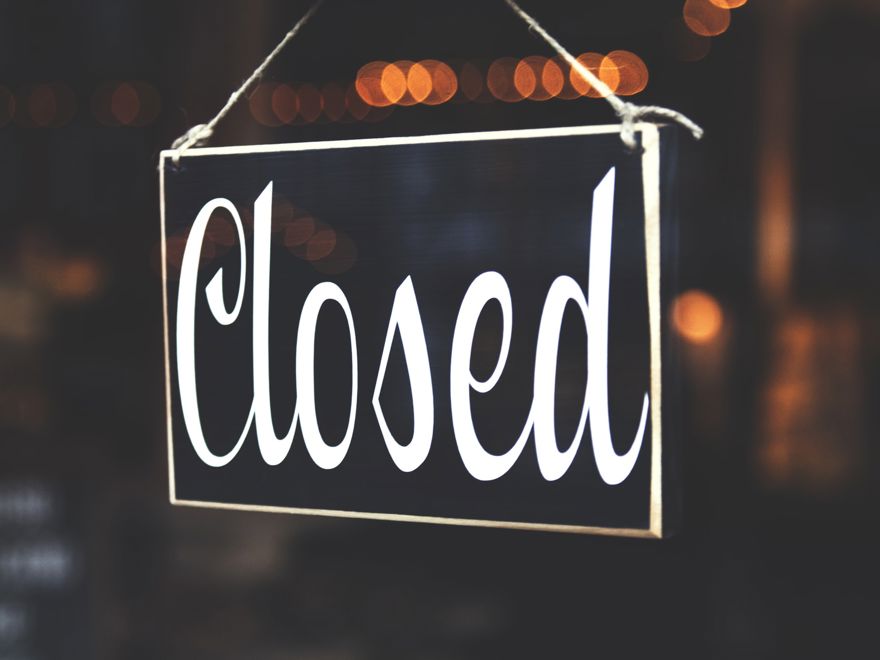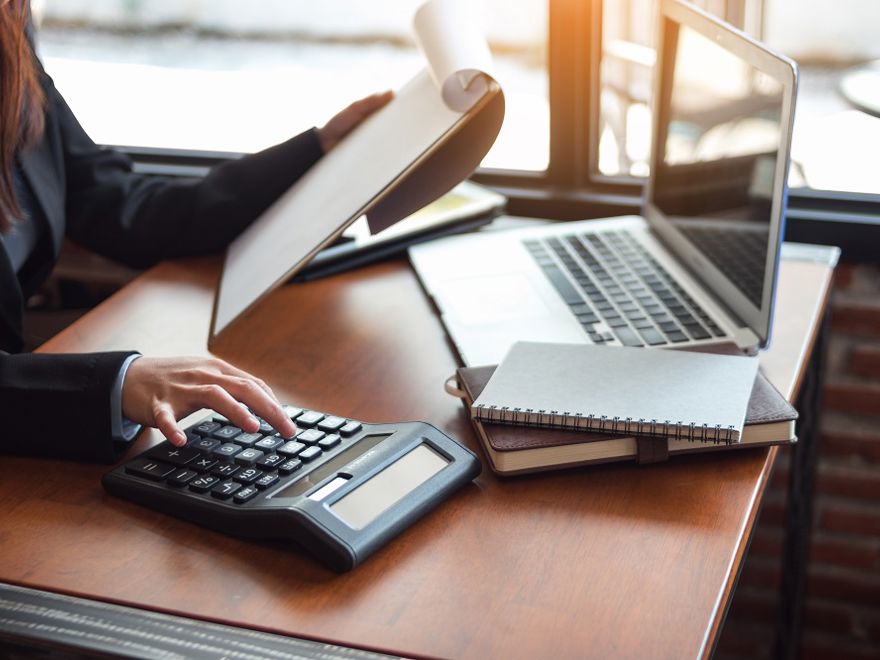What Can We Help You With?
Find people, insights and legal services, and more. Enter a query in the search bar below.
At our core, we believe that swift legal action enhances the likelihood of successful debt recovery. Explore our insolvency services to maximise your chances of reclaiming what you are owed.

Insolvency can be a powerful tool for expedited debt recovery, especially when your debtor aims to continue in business. Upon serving a Demand and receiving no denial within 21 days, we can initiate insolvency proceedings, ensuring your recoveries are optimised in minimal time.
Our insolvency services come into play at various stages, whether post-fast-track collections or following the judgment in a court action where no payment has been made after the initial enforcement phase.
Tell us about your needs
Recover debts of £3,000 or more by applying for the debtor's bankruptcy. This option is applicable to individuals, sole traders, or partnerships. If the debtor is declared bankrupt, their estate is entrusted to the trustee, typically the accountant in bankruptcy, who sells assets to settle debts and manage the bankruptcy costs.
After Sheriff Officers execute a Charge, we may apply for bankruptcy if the debtor still trades or has ceased trading without payment post fast-track collections. If settlement proposals are not received, we proceed with a bankruptcy order, keeping you informed at every step.

Consider liquidation as a final option when a debt cannot be repaid. A company ceases business operations, and assets are used to settle debts. Liquidation applies to Limited Companies with debts exceeding £1,500.
Upon receiving your instructions, we swiftly present a petition for a liquidator's appointment. The liquidator assesses the debtor's premises to determine debt settlement possibilities. We keep you updated on progress, discuss options, and collaborate on the next steps.

Our dedicated team of insolvency solicitors evaluates your debtor’s solvency at an early stage, guiding you towards the most strategic approach.
If the debtor company pays in full with third-party funds, we present a note to dismiss the petition. If the debtor cannot settle the debt, and company assets are insufficient to cover the liquidator’s fees, we proceed with the liquidation.
For effective debt recovery through strategic insolvency proceedings, contact us today.